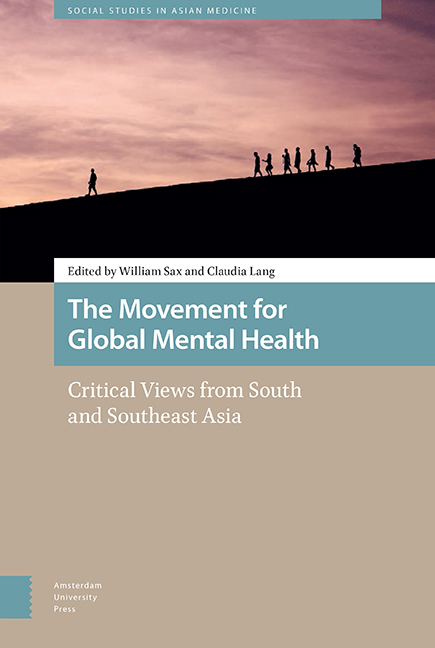4 - Misdiagnosis: Global Mental Health, Social Determinants of Health and Beyond
Published online by Cambridge University Press: 27 May 2021
Summary
Abstract
We critically engage with the Movement for Global Mental Health (MGMH) through the lens of the Social Determinants of Health (SDH), suitably widened. We explore the socio-political context of Indian community mental health initiatives in order to elaborate the opportunities/impediments for a public programme. We critique the MGMH for being preoccupied with the burden of mental illness and its “treatment”, while being inattentive to the social, economic, and political contexts shaping local/global ecologies of well-being/suffering. Hence the economic arguments of the MGMH fail to examine the realities of local contexts (poor public health funding and primary health care, lax pharmaceutical regulations, asymmetric power relations and indigenous knowledge systems). Using the concepts of globalisation and global health, and taking a population perspective, we describe a neo-materialistic version of SDH.
Keywords: global health, social determinants of health, neo-materialist, global mental health
Introduction
Since the publication of the call for Global Mental Health in The Lancet in 2007, followed by the renewed call in 2011, there has been a significant jump in research and publication in this field, with attendant funding. While the Movement for Global Mental Health (hereafter MGMH) movement purports to utilise a public health approach, it is one that is heavily influenced by individual health and clinical medicine. Our understanding of public health depends upon a population-based approach that engages with supra-individual determinants, considers public health greater than just the sum of individuals’ health, and considers health itself as context-dependent. For this, we employ the Social Determinants of Health approach to mental health, to critically evaluate Global Mental Health. We also problematise the so-called “treatment gap” which is purported to be a spectacular 90 per cent in the Low and Middle Income Countries (LMICs), thus creating a significant economic burden as calculated by the Disability Adjusted Life Years (DALY) metric. The proposed, purportedly “cost-effective” solution of task shifting supported by trials is essentially clinical, which, along with the attendant plan to “scale up” such services, effectively decontextualises population health.
In the following sections, we first present a case study of an Indian mental health programme that involved ideas similar to those of the MGMH but predated it by over two decades.
- Type
- Chapter
- Information
- The Movement for Global Mental HealthCritical Views from South and Southeast Asia, pp. 101 - 132Publisher: Amsterdam University PressPrint publication year: 2021



